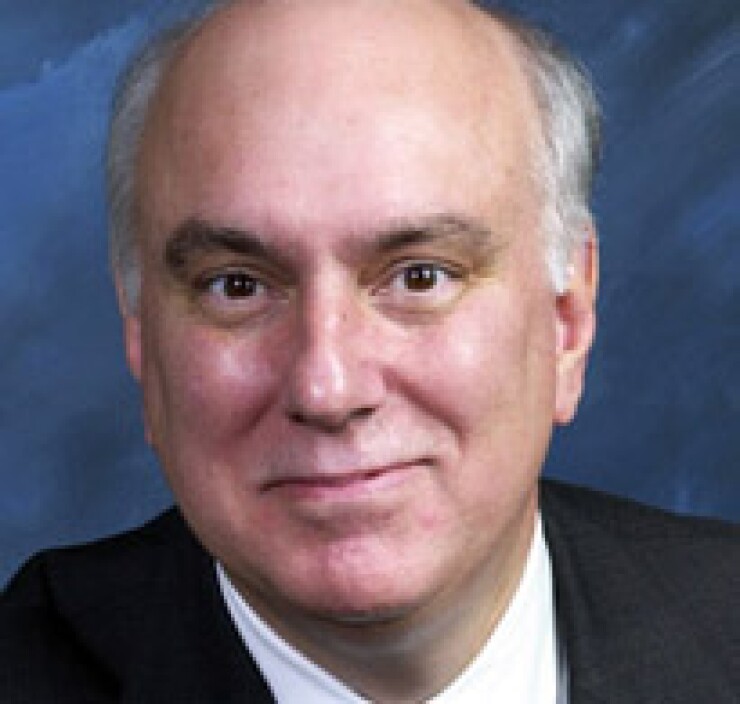
Recently raised regulatory concerns about the massive transfer of
The Financial Stability Oversight Council touched on the subject in a report released two weeks ago, suggesting the shift to nonbanks posed a potential threat to the system.
Bankers have argued that pending Basel III capital requirements are behind the change because they would force institutions to hold more capital behind MSRs.
The new capital requirements "penalize" community banks and send a "clear message" that they should not be servicing mortgages they originate for their customers, wrote Camden Fine, the president of the Independent Community Bankers of America, in a May 20 letter to banking regulators.
"If the agencies don't quickly and thoroughly address the limits on mortgage servicing imposed under Basel III, the task of the mortgage servicing [function] and associated MSRs will move from community banks to nonbank mortgage servicing firms that are much less regulated with financial interests that may not always be aligned with the owner of the loan and the associated security interests."
At issue is a provision in the Basel package of rules that would limit mortgage servicing assets to 10% of a bank's Tier 1 common equity, with additional holdings deducted from the Tier 1 capital account. Assets under the 10% cap would also eventually be risk-weighted at 250%. In addition, combined holdings of mortgage servicing and several other assets are limited to 15%.
That is a significant change from the previous system, in which there was no limitation on how much MSRs could count toward Tier 1 capital and carried a risk weighting of 100%.
Regulators finalized the Basel rule last year, and it has already taken effect for banks with more than $250 billion of assets. It is not effective for smaller institutions until Jan. 1.
But it has already helped spur sales of MSRs by banks to NationStar Mortgage Holdings, Ocwen Financial Corp. and other nonbank servicers which do not have to comply with Basel III.
As a result, ICBA is arguing that all banks with assets of less than $50 billion should be exempted from the rule.
The American Bankers Association, meanwhile, is trying to design an alternative to the rule that would reduce the incentives for banks to sell their mortgage servicing assets.
"We recommend that banks should be able to count MSRs toward 25% of the Tier I capital and lower the 250% risk weighting," said Robert Davis, executive vice president at the group.
ABA is still doing the analysis on what risk weighting to recommend and a lot depends on a bank's structure.
"For some banks, the portion of MSAs that can be counted toward capital is more important. For other banks, the actual risk-weighting of those assets is more important," Davis said in an interview.
He expects ABA will present its proposal to the banking regulators in the next three to four weeks.
"We don't expect the capital requirements will be rolled back to Basel II," Davis said. "But in this case, we think we have a good argument for a measured and moderate change."
The issue has taken the spotlight again after the FSOC raised concerns about the transfers within the mortgage servicing business.
"While the CFPB and state regulators have some authority over these companies, many of them are not currently subject to prudential standards, such as capital, liquidity or risk management oversight," the council of regulators said in its annual report.
The failure of one of the companies could have "significant consequences for market participants."




